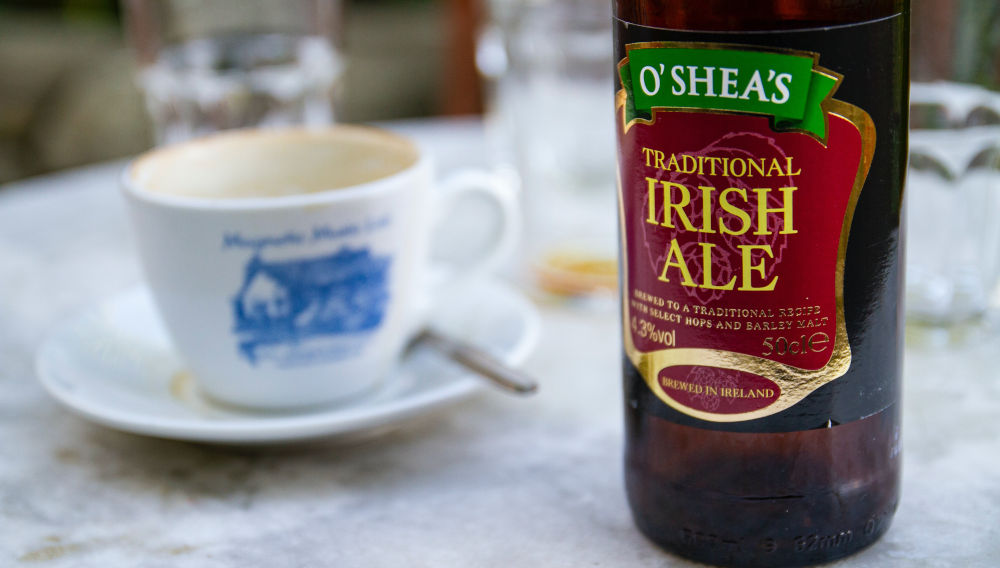Ireland introduces minimum unit pricing for alcohol
Ireland | Following the introduction of minimum unit prices for alcohol on 4 January 2022, some alcohol has almost doubled in price at Irish shops and supermarkets.
The government’s minimum unit alcohol pricing system (MUP), which is determined by and is directly proportionate to the alcohol content, means alcohol cannot be sold for less than EUR 1 (USD 1.13) per unit.
In effect, the new law has ended promotional deals and cheap drinks, with the cheapest can of beer now costing EUR 1.70 (USD 1.93). A typical bottle of wine costs no less than EUR 7.40 (USD 8.40) and a bottle of spirits at least EUR 20.70 (USD 23.50).
Minimum unit pricing for alcohol is part of the Public Health Alcohol Act, aimed at preventing binge drinking and reducing harms caused by booze. The government hopes it will prevent 200 deaths a year.
On average, people in Ireland aged 15 and over drank the equivalent of 40 bottles of vodka, 113 bottles of wine or 436 pints of beer in 2019, according to Ireland’s health services.
MUP will be a blow to off-premises
Off licences have warned that MUP will cause a huge hit to trade, especially to the sales of beer. While there is very little change in price for wines and spirits, the increase in the price of a slab of beer (24 cans) is huge. The price of some beers will go from EUR 25 to EUR 45.45 (USD 51.60).
It was pointed out that MUP will not act as a price hike for all alcohol across all products, as prices for most premium brands will stay the same.
Scotland was the first country in Europe to introduce a minimum price for alcohol in 2018, followed by Wales in 2020. Other countries, which already have a minimum price, include Russia, Australia and Canada, media reported.
The Irish Health Minister Stephen Donnelly welcomed the change, saying: “Ireland joins a small number of countries in the world to introduce minimum pricing. This measure is designed to reduce serious illness and death from alcohol consumption and to reduce pressure on our health services from alcohol-related conditions. It worked in Scotland and I look forward to it working here.”
Keywords
retail health Ireland legislation pricing off-premise alcoholic beverages
Authors
Ina Verstl
Source
BRAUWELT International 2022

